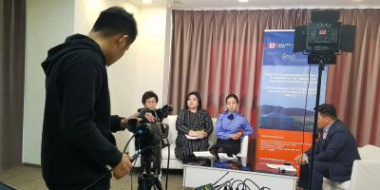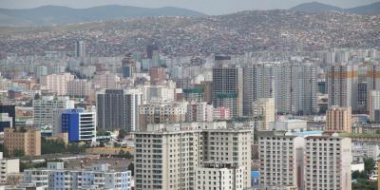MONGOLIA: Giving Children Back Their Childhood
This sub-project aimed to increase knowledge of legal services and awareness of domestic violence (DV) among local communities and children in Mongolia. The Christina Noble Children Foundation organized home visits and delivered a series of training sessions to target beneficiaries to provide guidance and information on DV prevention and on the Law Combating DV. In collaboration with relevant stakeholders, the implementing partner also conducted an awareness-raising campaign on the prevention of DV and violence against children named “Giving Children Back Their Childhood”.








